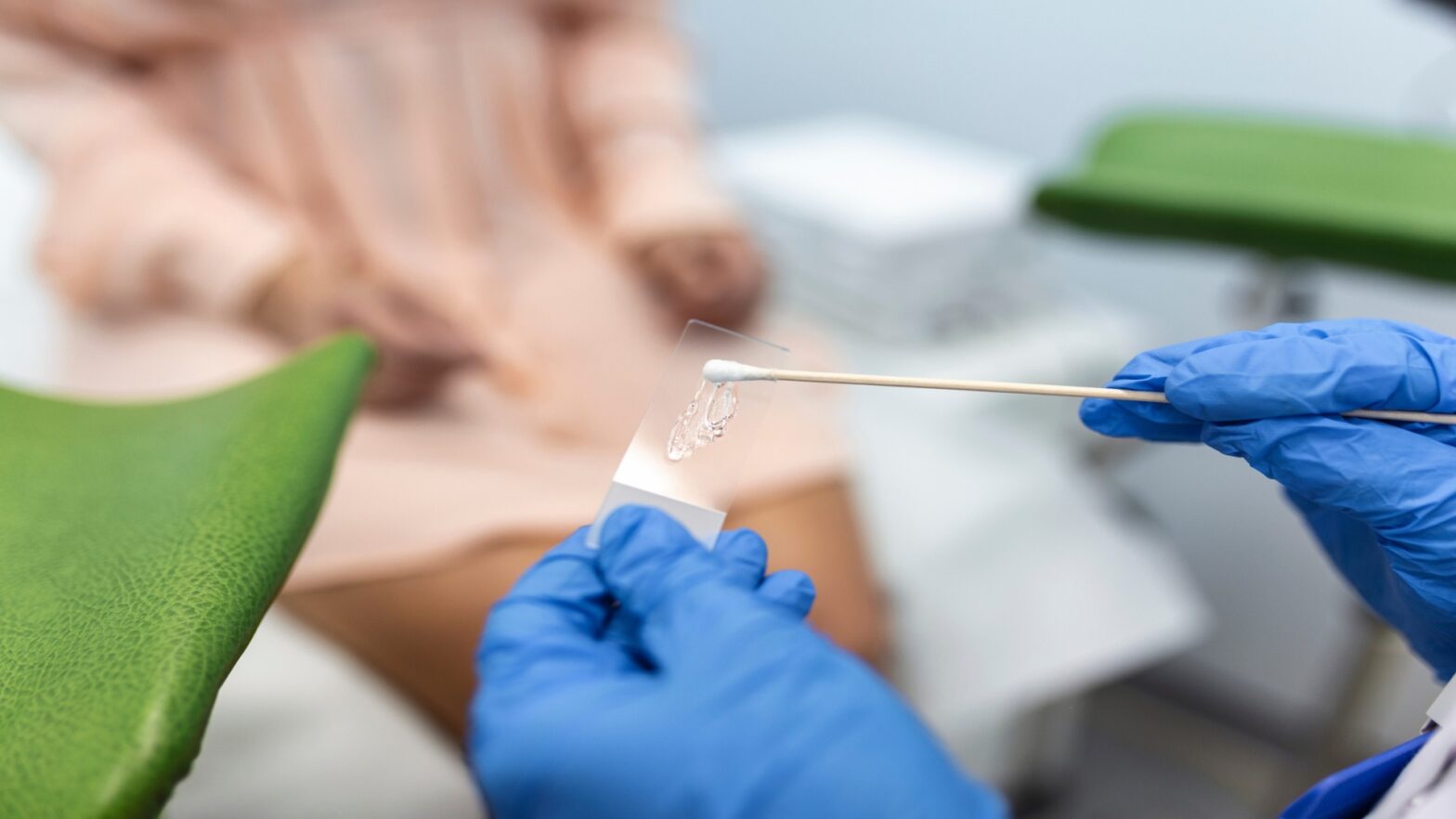Annual exams are a cornerstone of preventative health care for women. These appointments are crucial not only for addressing immediate health concerns but also for setting a foundation for long-term wellness.
They offer an opportunity to catch potential health issues early, discuss lifestyle choices, and maintain an ongoing relationship with a healthcare provider. Ensuring that one is well-prepared can make the difference in getting the most out of these important obgyn clinic visits.
What Happens In An Annual Exam?
Your annual well-woman visit is a regular checkup that prioritizes preventive care and keeps you healthy overall. Here’s what your physician might do during the exam:
- Medical History Review: The health care provider will review your medical history, including any current health conditions, medications, allergies, and family health history. They will also discuss lifestyle behaviors such as diet, physical activity, and tobacco/alcohol use.
- Physical Examination: This may include measuring vital signs like blood pressure and heart rate and assessing overall health. The doctor might also examine the thyroid, lungs, heart, and abdomen to check for any abnormalities.
- Breast Examination: The doctor conducts a breast exam and checks them for lumps, skin changes, or other signs of potential problems.
- Pelvic Examination: This involves examining the pelvic area externally and internally. The doctor will check the health of the reproductive organs, including the vagina, cervix, and ovaries. This might include a Pap smear, which involves collecting cells from the cervix to test for cervical cancer.
- Screenings And Tests: Depending on your age, health status, and risk factors, the doctor might recommend additional screenings such as mammograms (for breast cancer), bone density scans (for osteoporosis), or blood tests (for cholesterol, diabetes, thyroid function, etc.).
- Counseling And Education: The provider may offer advice and discuss issues like sexual health, contraception, menopause, weight management, and preventive measures to maintain or improve health.
- Updating Vaccinations: Necessary vaccinations may be updated based on your age and medical history.
- Addressing Specific Concerns Or Symptoms: Any specific health concerns or symptoms you may have can be discussed during this visit.
Instead of a reactive approach to health, your annual exam empowers you to take charge. It allows for early detection of potential health issues and keeps your preventive care plan up-to-date.
Prepping For Your Annual Exam
In getting the most out of your annual exam, some simple preparation goes a long way. Here are some practical steps to help you get ready.
1. Gather Medical Records And Documents
Bring any relevant medical records, including a list of current medications (prescription and over-the-counter), supplements, and previous test results. If you’ve visited other doctors or specialists since your last annual exam, bring those records, too. Also, make sure to have your insurance information and a form of identification.
2. Prepare A List Of Health Concerns And Questions
Write down any health concerns, symptoms, or questions you have before the appointment. This might include new symptoms, changes in your menstrual cycle, concerns about birth control, or questions about vaccinations. Having a list will help ensure you don’t forget to discuss any important points with your healthcare provider.
3. Know Your Family Health History
Update your knowledge of your family’s health history. Be ready to inform your doctor about any new serious illnesses in your family, such as cancer, heart disease, diabetes, or osteoporosis. This information can impact your risk factors and the screening tests you might need.
4. Follow Pre-appointment Restrictions
Some exams or tests may require specific preparations, such as fasting. Confirm if you need to do anything special before your appointment, like fasting for a blood test or avoiding certain medications.
5. Dress Comfortably And Appropriately
Wear comfortable, loose clothing to your appointment. This is particularly important if you will be getting a physical exam or tests that require you to change clothes. Comfortable attire makes it easier to access areas that the doctor needs to examine.
5. Consider Timing
If your exam includes a pelvic exam and Pap smear, try to schedule the appointment when you’re not menstruating, as blood can interfere with the results of a Pap smear. However, if your menstrual cycle is irregular, talk to your doctor’s office about the best time to schedule your appointment.
6. Ensure Mental Preparation
An annual exam can sometimes be stressful, especially if discussing sensitive topics. Mental preparation can help you feel more relaxed. Consider meditative practices or deep breathing exercises before your appointment to reduce anxiety.
7. Arrive Early
Plan to arrive a bit early to your appointment to allow time for checking in and filling out any necessary paperwork without feeling rushed.
8. Bring A Notebook Or Use Your Phone
It can be helpful to take notes during your visit, especially when discussing findings or following up on specific health issues. You can also use your phone to record instructions or reminders if your doctor agrees.
Taking some time to prepare for your annual exam ensures you make the best use of your doctor’s time. By coming prepared, you can discuss all your health concerns and have a comprehensive review of your needs.
Takeaway
Annual exams are pivotal in maintaining women’s health, providing a platform for early detection and management of potential health issues. Proper preparation empowers women to maximize the benefits of their visits. These exams not only address immediate health concerns but also establish a preventative care framework for long-term wellness.



















